A 6.8 magnitude earthquake struck several Moroccan cities at midnight, sending panicked residents running into the streets as their homes shook violently.
"My house suddenly shook violently, everyone was scared," Mohamed Taqafi, a resident of Casablanca, Morocco's largest port city, said of the moment the earthquake struck at 11 p.m. on September 8. "At first I thought only my house was shaking because it was old and weak, but then I heard people screaming and running outside."
The 6.8 magnitude earthquake struck just before midnight in the remote Ighil region of the High Atlas Mountains, but affected six provinces across Morocco. The tremor was felt in the capital Rabat, 350 km north in the High Atlas Mountains.
Morocco's Interior Ministry said this was the strongest earthquake in the country in a century, killing at least 632 people and injuring 329 in the provinces of al-Haouz, Marrakesh, Ouarzazate, Azilal, Chichaoua and Taroudant.
Casualties could continue to rise, as some of the worst-affected villages are located in remote, inaccessible areas.
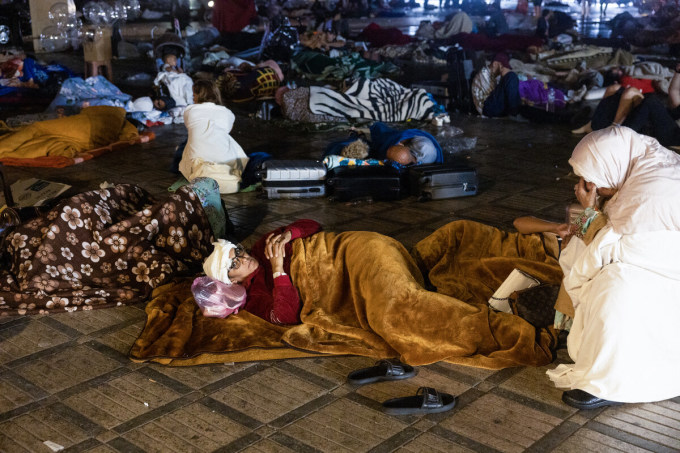
Moroccans take shelter on the street in Marrakesh, the night of September 8. Photo: AFP
In Asni village near the epicenter, most houses were destroyed. "The surrounding houses have been reduced to rubble. We are trying to rescue trapped people using all available tools in the village," said resident Montasir Itri.
Marrakech, a popular tourist city located about 72 km from the epicenter, suffered heavy damage. Several buildings in the ancient citadel, which is listed as a UNESCO World Heritage Site, collapsed.
"I was driving and had to stop suddenly when I realized it was a serious disaster, like a river bursting its banks. The screaming and crying were unbearable," said Fayssal Badour, a resident of Marrakesh.
Local resident Brahim Himmi saw ambulances driving in and out of the old town of Marrakesh, taking victims to hospitals. Most residents of the city were running out into the streets, afraid to go inside their homes for fear of tremors.
"My family ran out of the house after seeing the chandelier fall from the ceiling. We are still outside with our children, we are all very scared," said Houda Hafsi, 43, in Marrakech. Nearby, Dalila Fahem was still reeling, saying "luckily we didn't go to sleep yet."
Surveillance camera footage shows the first tremors at 11:13 p.m., as people were sitting on their porches enjoying the cool breeze or walking on the streets. People then fled in panic, and houses began to collapse.
The moment an earthquake struck a neighborhood in Morocco on the night of September 8. Video: Twitter/Kinetik
As the violent shaking began, Abdelhak El Amrani, 33, described seeing "houses moving" before his eyes.
“We ran out into the street, where there were a lot of people, children were crying, everyone was shocked and scared,” he recalled. “The power and telecommunications infrastructure froze for about 10 minutes. Everyone decided to ‘hold out’ in the street.”
Moroccan media said this was the strongest earthquake in the country's history. The death toll from this earthquake also surpassed the 628 people killed in the 2004 earthquake in the northeastern city of Al Hoceima, becoming Morocco's deadliest tragedy.
A building collapsed due to an earthquake on the night of September 8. Video: Twitter/Especigest
In the capital Rabat, many people also left their homes and spent the night on the streets, fearing a stronger quake. Residents of the coastal town of Imsouane, 180 km west of the epicenter, shared similar stories.
In the western city of Taroudant, teacher Hamid Afkar immediately left his home after the first tremor "lasted about 20 seconds". "The tremor was so strong that the doors kept opening and closing. I rushed down from the second floor, then there were a series of aftershocks," Mr Afkar said.
“There were screams everywhere when the earthquake happened,” said one resident in Essaouira, 200km west of Marrakech. “People were running out into the squares, cafes, sleeping in the streets, while debris from collapsed houses kept falling down.”
The tremors were felt in neighboring countries such as Portugal and Algeria, the Portuguese Institute for Sea and Atmospheric Research and the Algerian Civil Defense Agency said.
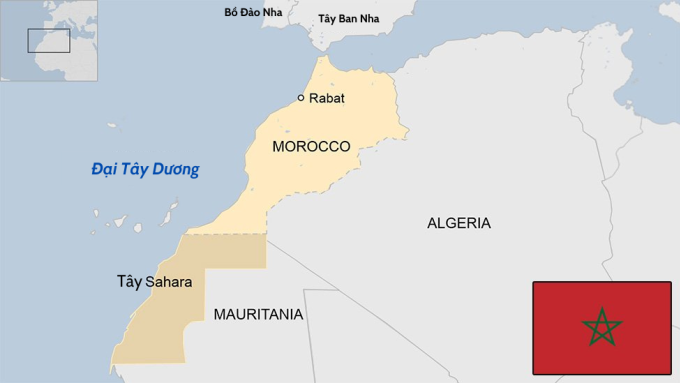
Location Morocco. Graphics: BBC
Morocco has an area of 446,000 km2, a population of 35 million people, borders Algeria to the east, and faces Spain across the Strait of Gibraltar. This country is prone to earthquakes due to its location between the African and Eurasian tectonic plates.
Duc Trung (According to AFP, Reuters, Guardian )
Source link


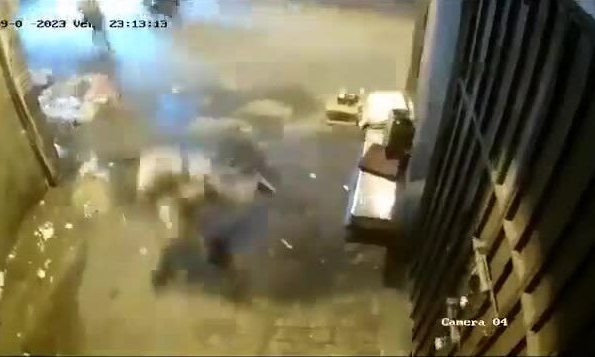
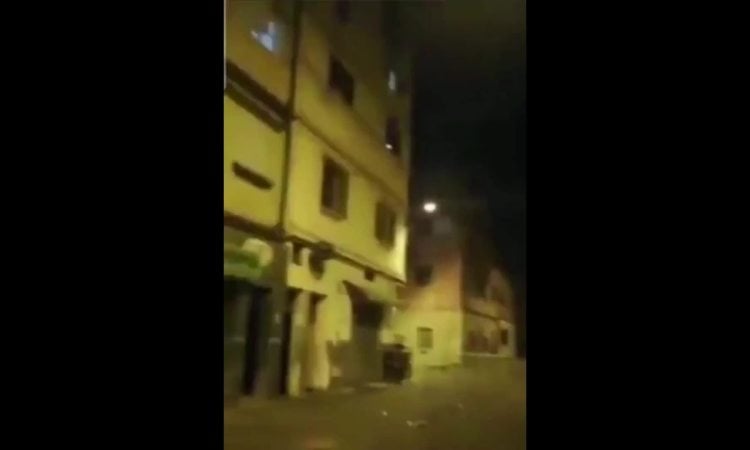

![[Photo] Prime Minister Pham Minh Chinh chairs the 15th meeting of the Central Emulation and Reward Council](/_next/image?url=https%3A%2F%2Fvphoto.vietnam.vn%2Fthumb%2F1200x675%2Fvietnam%2Fresource%2FIMAGE%2F2025%2F11%2F27%2F1764245150205_dsc-1922-jpg.webp&w=3840&q=75)
![[Photo] President Luong Cuong attends the 50th Anniversary of Laos National Day](/_next/image?url=https%3A%2F%2Fvphoto.vietnam.vn%2Fthumb%2F1200x675%2Fvietnam%2Fresource%2FIMAGE%2F2025%2F11%2F27%2F1764225638930_ndo_br_1-jpg.webp&w=3840&q=75)

















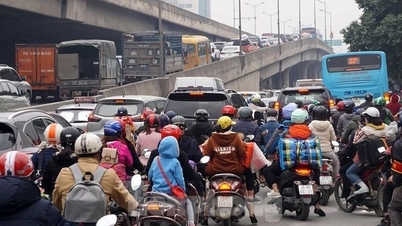

















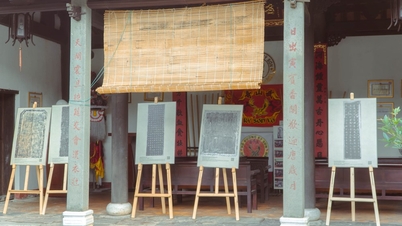
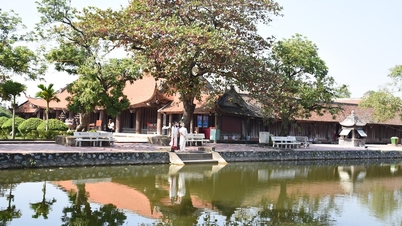





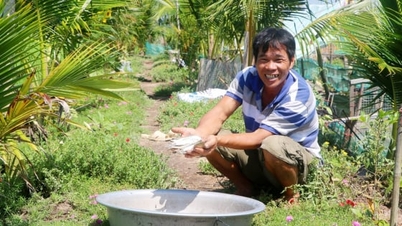

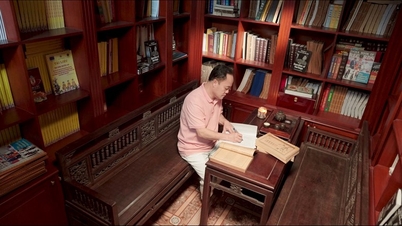







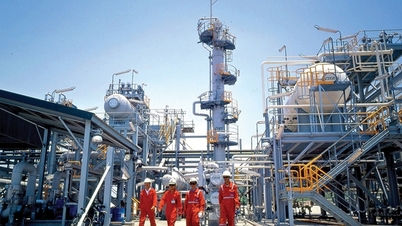

















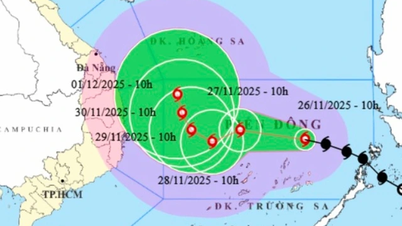






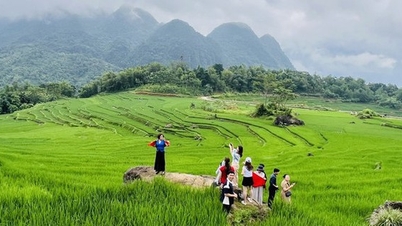



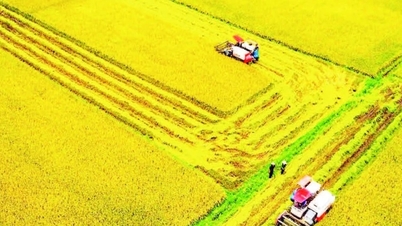

















Comment (0)